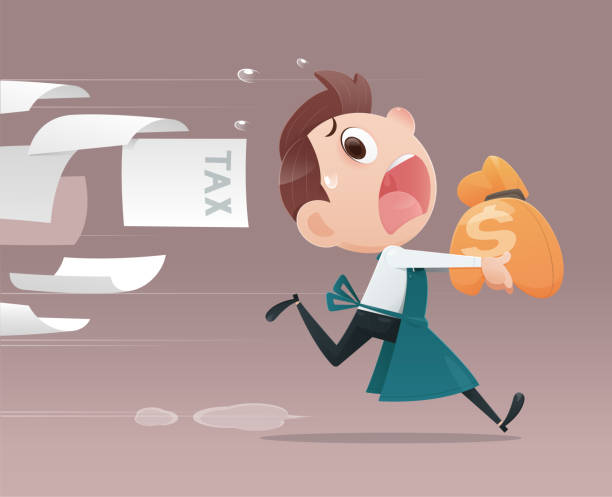The state Supreme Court has granted the Attorney General’s request to allow the Department of Revenue (DOR) to collect the capital gains income tax before a final ruling in the case. According to the court motion issued today:
“The Court voted unanimously in favor of the following result: Now, therefore, it is hereby ORDERED: That the motion for a stay of the lower court’s order pending review is granted. The lower court order is stayed pending this Court’s final decision in this matter. DATED at Olympia, Washington this 30th day of November, 2022.”
On March 1, an Inslee-appointed judge ruled that the capital gains income tax “is declared unconstitutional and invalid and, therefore, is void and inoperable as a matter of law.”
In other news, according to a Congressional Liaison for the IRS, Washington taxpayers may not be allowed to deduct capital gains taxes paid to the state from their federal income tax returns. This is due to the fact the state is playing a game by calling the income tax an “excise tax.” From the IRS source:
“I conferred with our internal sources and looked into RCW 82.87.040 which reads the Capital Gains Tax is labeled as an ‘Excise Tax’ and not an ‘Income tax.” Based on PUB 17, stipulated state excise taxes is not deductible. So my preliminary answer is no, that IRS cannot interpret state excise tax into income tax and allow its deduction on federal returns.
We defer to state legislation on defining local taxes. Since the capital gains tax under RCW was defined as ‘Excise Tax,’ we will observe this tax as a ‘Excise tax’ under federal deduction rules. If the RCW had named it ‘Income Tax’ then we would classified it as such under federal returns.”
The IRS is very clear, however, on what a capital gains tax really is:
“This is in response to your inquiry regarding the tax treatment of capital gains. You ask whether tax on capital gains is considered an excise tax or an income tax? It is an income tax. More specifically, capital gains are treated as income under the tax code and taxed as such."
Continuing this analysis, a former IRS attorney recently said this about the state’s capital gains income tax arguments:
“Washington State is misguided in believing that just because there is a transfer of property involved, it provides a basis for the imposition of an excise tax. Frankly, I am unable to see why this matter is considered to be controversial. That is, I see no reasonable argument for saying that a capital gains tax is not an income tax, and for that reason could be subject to an excise tax. I am somewhat dumbfounded as to why the State of Washington believes it has any reasonable chance of ever prevailing in this case.”
Should the state supreme court ultimately uphold the capital gains income tax, Washington will be losing our competitive advantage of no personal income tax, as the state Department of Commerce has referred to it. At the same time, Washington may also face the disadvantage of being the only state with a capital gains income tax whose taxpayers won’t be allowed to deduct the tax in their federal income tax return. Every other state with a capital gains tax clearly acknowledges that it is an income tax.
The state Supreme Court will hear oral arguments on the capital gains income tax on January 26, 2023.
Updated 12/5
My interview with Brandi Kruse on the latest capital gains income tax developments.
Additional Information
Taxpayers object to effort to collect capital gains income tax before state Supreme Court ruling
Former IRS attorney “dumbfounded” by Washington’s capital gains income tax arguments
UW Tax Law Professor on new capital gains income tax: “It’s going to be found unconstitutional”
Capital gains income tax quotes – who said it?





